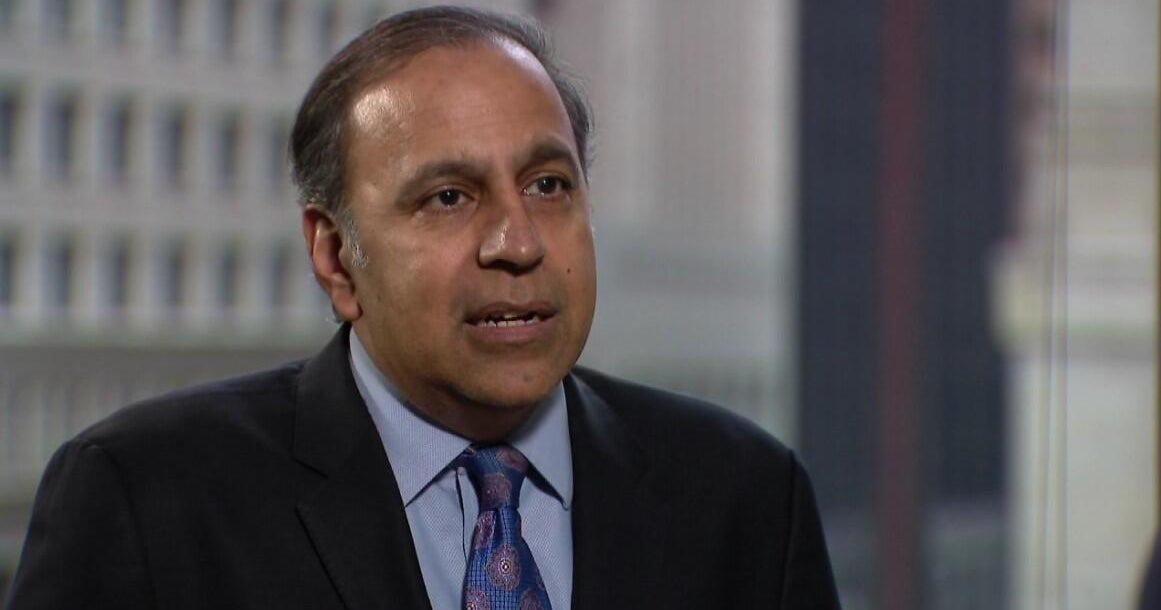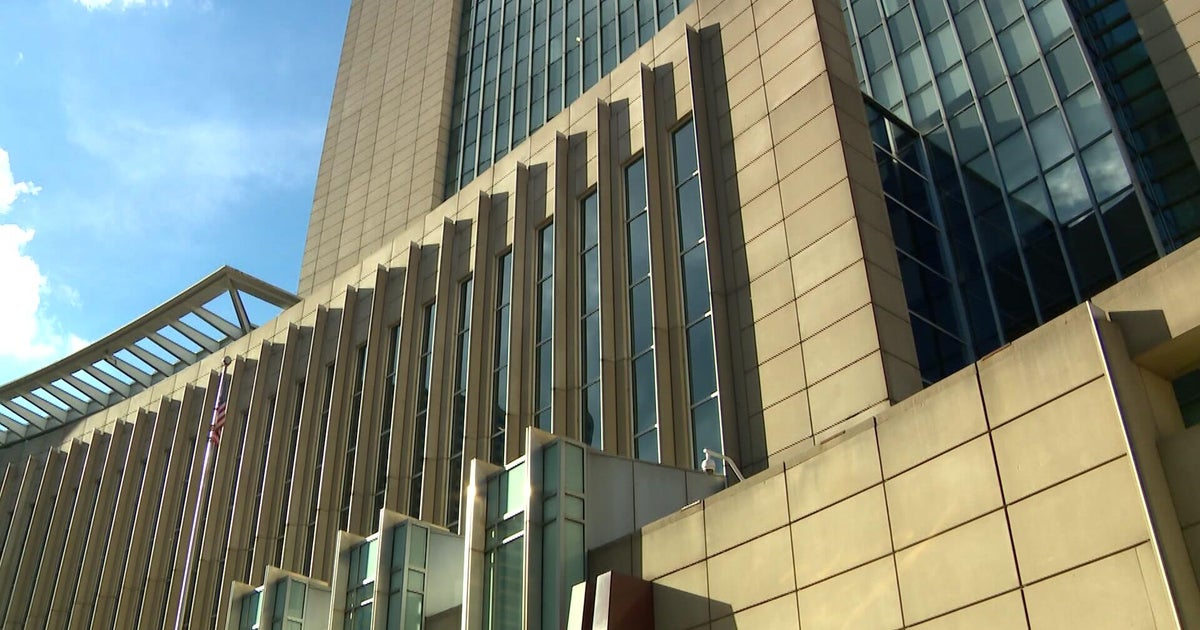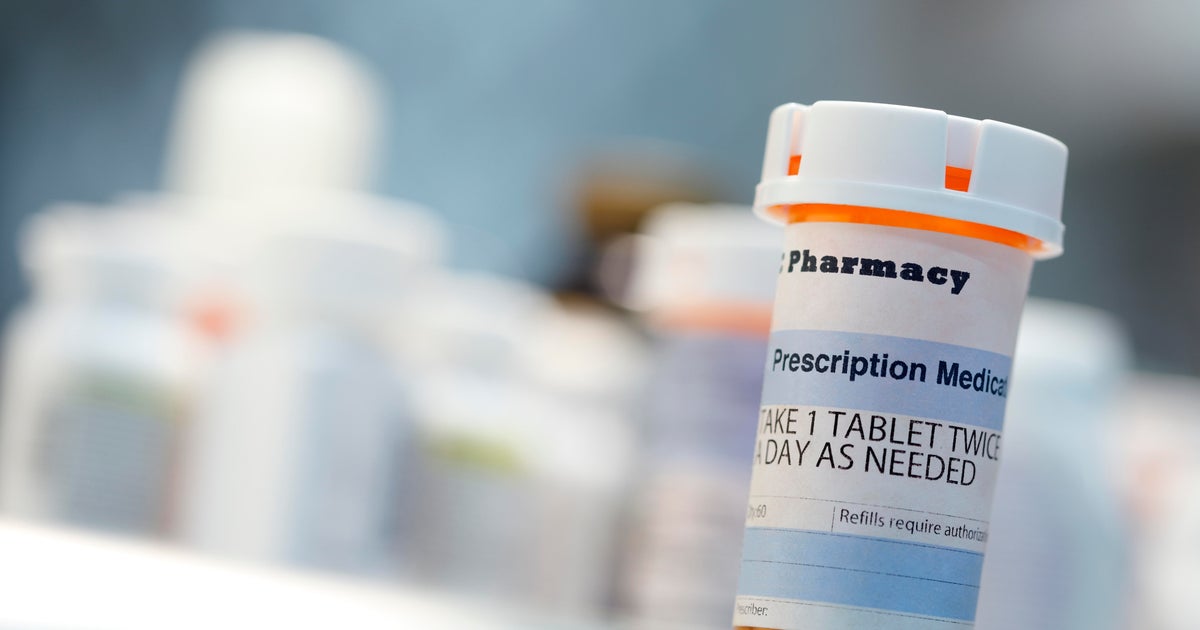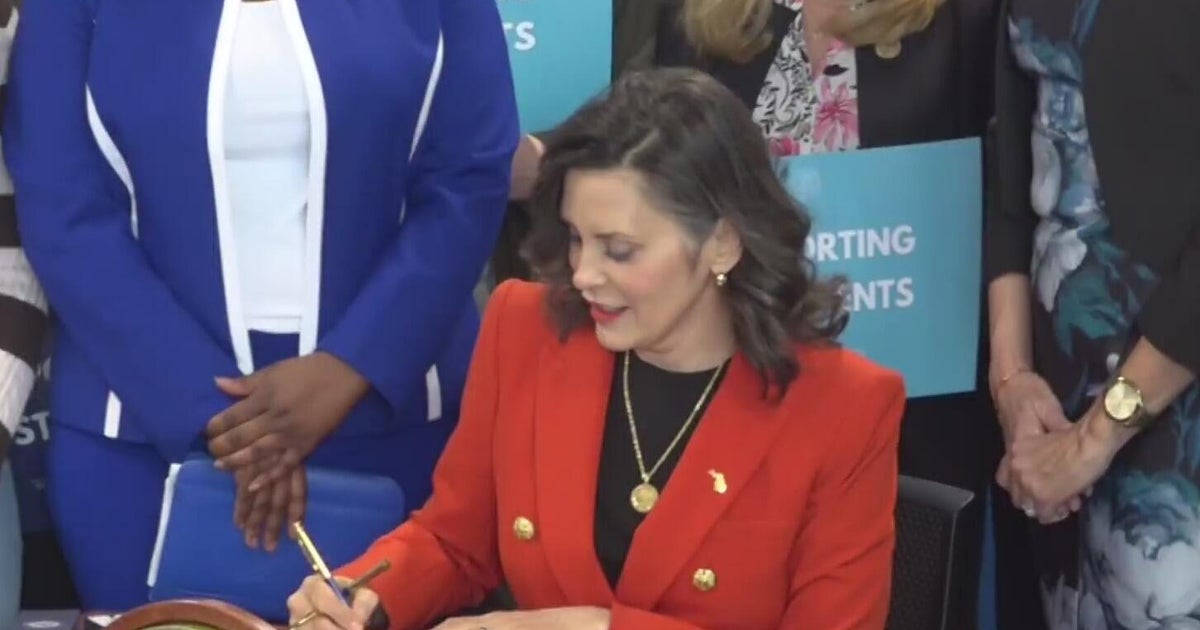Feds authorize second Pfizer or Moderna boosters for some older and immunocompromised Americans
CHICAGO (CBS) -- A second COVID-19 booster shot has approved for millions of Americans, after the FDA and CDC signed off on the extra vaccine dose for people age 50 and older, as well as immunocompromised Americans age 12 and up.
CBS 2's Chris Tye reports the two federal agencies have authorized a new round of the Moderna or Pfizer vaccines for eligible people "who wish to increase their individual protection."
"We're hoping that by taking this action, we will help allow people to take steps to protect themselves should we have another wave that comes through this country," the FDA's top vaccines official, Dr. Peter Marks, told reporters on Tuesday.
The approximately 34 million Americans who are 50 are older to be eligible will be able to get the second booster as early as four months after their first booster. Immunocompromised Americans ages 12 and older who were boosted will also be able to get another shot.
In other parts of the world those groups have added the new vaccination round and have seen almost all "upside".
"It comes from data from Europe and Israel, showing that immunity goes down every month, and in order to keep immunity high, a booster is necessary. With these new variants you need a high level of immunity to prevent serious infection," said CBS News Contributor Dr. David Agus.
Experts say it's just a matter of time before that green light goes on for the rest of us.
"There's a clear expectation on the part of most experts that we're going to ask every American to get a booster dose in the fall, in order to help protect us," said Dr. Emily Landon, an infectious disease specialist at University of Chicago Medicine.
"This is going to be a regular cadence. Immunity will continue to go down, and we will need boosters, whether it be every 6 months or 12 months," Agus said.
Experts said there is growing vaccine fatigue in this country, but if the idea of regular vaccines creates friction in your household, Landon has a new way to view it.
"I've got a lot empathy for being sick and tired about COVID. You can hate your taxes every year, but you've got to do them on April 15th," she said.
Landon further put a frame around the fatigue topic this way: "If you find yourself saying: 'I can't believe they're asking me to get another stupid booster. When are they going to stop with this crap?' you know, I think you need take a little stock of where you are, and what luck you had, and what privilege you have to be in a place to say that about yourself."
Agus said repeated boosters are the way to live with the virus in a world where schools are open and masks are off.
CBS 2's Jim Williams talked to Dr. Greg Huhn, an infectious disease expert at Cook County Health about the new development.
"The early data from Israel, when they introduced that fourth dose, that booster dose, at least four months after the third dose, in a high-risk population – 60 and above, over 500,000 persons, which is the largest HMO – that mortality benefit, 78% mortality benefit from those that did not receive the vaccine," he said. "Because of the differences in our populations here in the U.S. versus Israel, we're down to 50 years of age, really to account for those persons that may be at higher risk at younger ages, due to coexisting conditions; particularly communities of color that have beared the burden of COVID-19 here in the U.S."
The move for more boosters comes as the CDC announced the Omicron variant sub-lineage BA.2 now makes up a majority of infections in the U.S.
Last week, 54.9% of cases were caused by the strain nationwide. BA.2's prevalence remains highest in the Northeast, where the agency estimates that the variant made up close to three in four new infections in the region spanning New Jersey through Maine.
Federal health officials say the faster-spreading strain has not yet led to the steep climb in cases reported in many countries abroad, or many more severe cases compared to the other Omicron strains, despite circulating in the United States for months.
However, its rising prevalence has raised concern in Northeast communities now seeing early signs of an uptick in cases — and has forced authorities to end the use of at least one key COVID-19 treatment, a monoclonal antibody drug that isn't effective against BA.2.
"This small increase in cases in the Northeast is something that we are watching very closely as we look for any indication of an increase in severe disease from COVID-19 and track whether this might represent an increase in the strain that's being put on hospitals," the CDC's Dr. John Brooks told an event hosted by Ethnic Media Services on Friday.
Brooks acknowledged the "warning signal" seen in the agency's wastewater surveillance from the Northeast, which samples sewage in hundreds of sites searching for early signs of a surge. Nationwide, around half of sites are seeing an increase.
However, Brooks and other federal health officials have speculated BA.2's spread was likely on track to lead to simply small regional increases in cases as opposed to a new surge — thanks in part to the sharp national spike in Omicron cases that occurred over the winter.
The overall pace of new cases has hovered around 27,000 reported daily for more than a week. The cadence of new hospital admissions is also continuing to fall nationwide, down more than 90% from the Omicron wave's peak.
"There are greater than 95% of Americans who have some evidence of either having been vaccinated or previously infected with COVID. We think that's very high compared to some other places in the world," said Brooks.
The agency's variant estimates rely largely on sampling test data from laboratories, officials acknowledge, and will not pick up on cases only spotted by the growing number of Americans relying on at-home rapid tests to see if they are infected.
However, a CDC spokesperson said that the agency remains confident that there have been enough positive lab tests "available for sequencing purposes" and that the agency's "Nowcast" estimates account for "changes in testing by design."
Meantime, according to the CDC, 82% of eligible Americans have had at least one dose of the vaccine, and 69% are fully vaccinated.
You will want to check with your doctor about what's best for your family, but one rule that holds: four months must have passed since the patient's last booster before they can get this new round.








